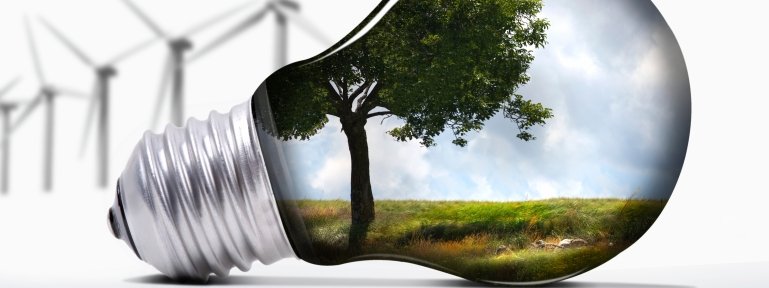
As the temperatures continue to climb, Toronto residents are being advised by public officials to stay indoors and stay cool. Numerous heat alerts have been issued by Environment Canada, and the City of Toronto has taken numerous measures to help residents find relief from the sweltering heat, such as establishing cooling centers and extend swimming pool hours throughout the city quarters. Powerline Plus encourages that all Greater Toronto Area residents to stay cool during the summer heat, especially those who will be outdoors. We ask residents to take extra care during the extreme heat.
If you’re outdoors, these are some helpful tips to stay cool during the heatwave:
- Seek shade and stay out of the heat. Being exposed to scorching temperatures can result in heat-related problems, such as heat exhaustion and heat stroke.
- Drink plenty of water or juice throughout the day. Try to limit your alcohol and caffeinated drink intake, which makes it more difficult for your body to adjust to its temperature.
- Having a cool cloth on you, and applying it to your face, forehead or arms, as well as short showers, are also good ways to beat the heat.
- Wear light-colored, lightweight clothing. Dark clothing tends to retain the heat and absorbs it.
- These warm summer days and nights also provides the perfect environment for mosquitos to thrive. This may also bring diseases such as West Nile virus. You can prevent mosquito bites by using insect repellent and cover up with light clothing.
With the rise in temperatures, the City is seeing an increased surge in energy demands during the heatwave as air conditioners are being overworked and maximized. Environment Canada has forecasted that the hot and humid temperatures will continue to hold-up in the coming weeks. With the rising temperatures, Toronto residents are being asked to reduce their energy consumption to reduce the strain on the City’s electrical infrastructures. Toronto Hydro has reported that during the July 27 heatwave, energy peak demand was at a staggering 4,100 megawatts, which is close to last year’s highest MW usage. The peak consumption times usually happens in the late afternoon, where temperatures are usually at their highest.
The lengthy, unceasing heatwaves put great stress on electrical distribution systems. This is because as the overnight temperatures continue to remain steady and electrical equipment, such as transformers, are not able to cool down and can become overheated. This can cause heat-related power outages. In order to offset and limit energy consumption during these times, Toronto Hydro has implemented Time-of-Use rates. The highest and most expensive peak-times for energy consumption, in the summer, occur between 11 a.m. and 5 p.m.
In light of this, Powerline Plus recommends numerous ways to cool your home in the summer heat. These tips are in-line with making sure your home does not heat up in the first place and maximize air flow to reduce any heat that does build up:
- Cook outdoors so you don’t have to turn the stove or oven on.
- Use clotheslines to dry-out your clothes so you do not have to use an energy-taxing and heat-producing dryer.
- Keep the blinds close so that direct sunlight does not penetrate your home and, in turn, heat it.
- Planting trees is a great way to keep the sun from shining into your household.
- Draft-proof your home helps keep the hot air out in the summer. This will also benefit you in the winter time because it keeps cold air out as well.
- Improve air flow in your house by keeping on air ventilations and ceiling fans.
- During the evenings and nights, you can open up your windows to get rid of stagnant air and freshen your house.
